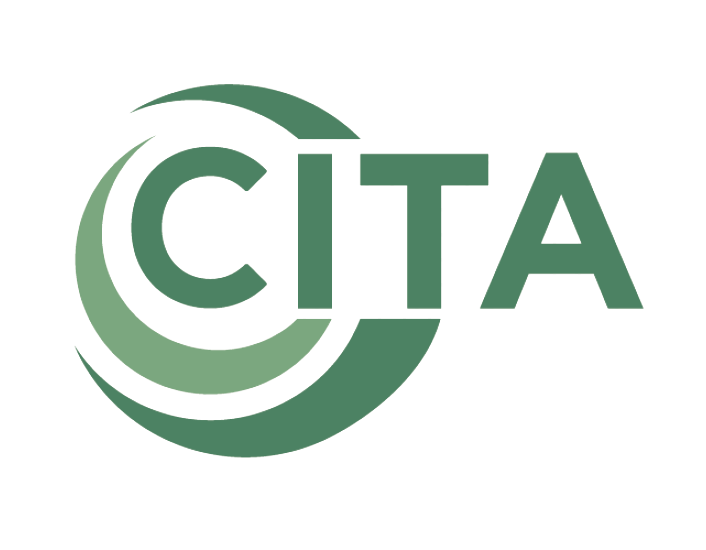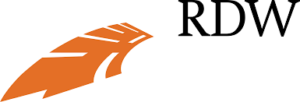RDW stands for safety, sustainability and legal certainty in mobility. They keep a close eye on international developments like vehicle data and act in line with the ambitions of the European Commission.
The Netherlands Vehicle Authority
- Licensing: The licensing of vehicles and vehicle parts on the Dutch and European market.
- Supervision and control: Supervising companies accredited by RDW and monitoring the technical condition of vehicles.
- Registration and information provision:
Gathering, storing, updating and managing data concerning vehicles, their owners and vehicle documentation and providing information about this data to interested parties. - Issue of documents: that are required for vehicles or owners, including vehicle registration certificates, driving licences and the PTI (Periodic [motor vehicle] Technical Inspection) forms.
The mission is the motor of RDW’s strategy. Together with its statutory tasks, assigned tasks and the developments in society, the mission substantiates the RDW strategy. The Strategic Plan lays down the strategic objectives of the organisation. This plan is recently re-evaluated.
Watch the RDW strategic aims 2024, Safe, Sustainable Vehicles, Reliable registrations, and Service delivery
The organisation has 5 divisions and 8 staff departments:
- The Supervision and Assessment Division (T&B)
- The Vehicle Regulation & Admission Division (VRT)
- The ICT Division
- The Registration & Information Division (R&I)
- The Toll Collection Division
- Staff departments
Each Member State of the European Union (EU) must keep a register of the roads within its territory to which the European Electronic Toll Service (EETS) applies. We manage the EETS register for the Netherlands. Toll chargers and EETS providers can use this register in the future to check which toll areas exist in the Netherlands and which EETS providers are affiliated with them, for example.
EETS must ensure good European cooperation in the field of electronic toll collection. Ultimately, people should be able to drive through several countries of the European Union with just 1 toll device . The Netherlands does not yet have EETS areas, but countries such as Germany and Austria already do.
Although the Netherlands is just a speck on the globe, RDW plays a significant role in the field of international, including European, policy and regulations. It is a unique organisation in Europe: RDW is not only the national vehicle and driving licence registration authority. In addition, it is also a type-approval authority and it manages periodic technical inspections. Therefore RDW performs public tasks in the entire motor vehicle life cycle. RDW also plays an active role in a number of European organisations and networks.

